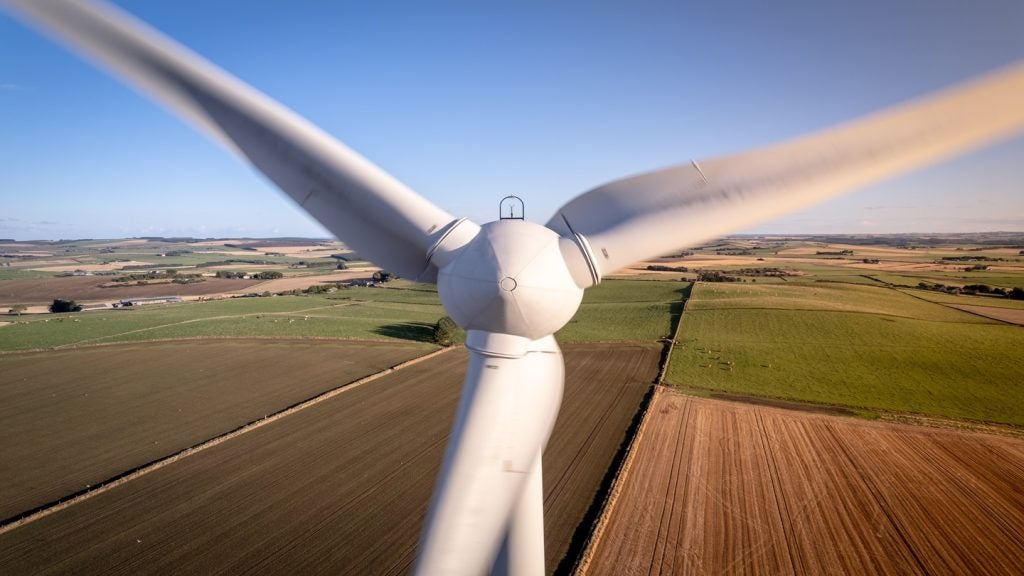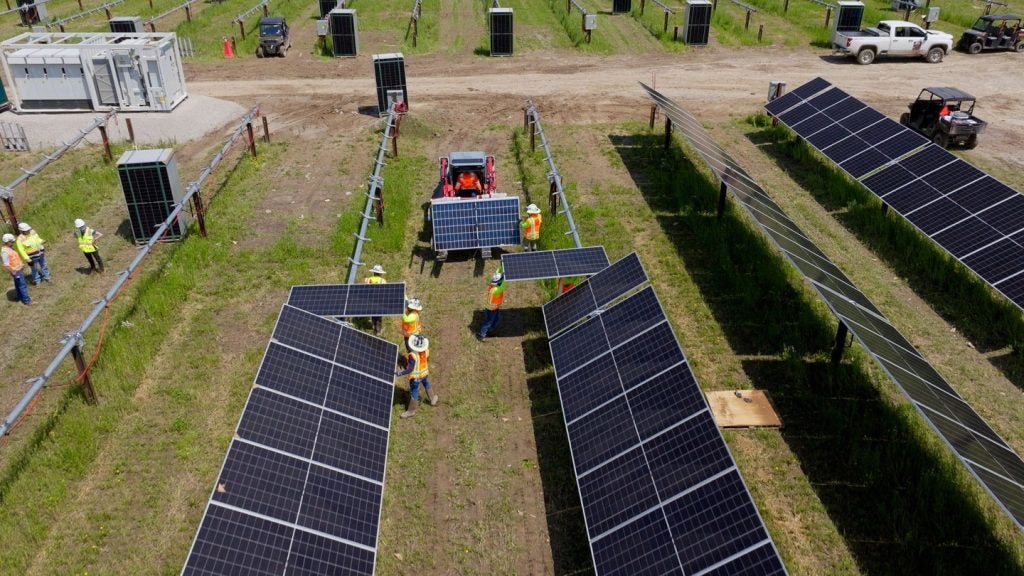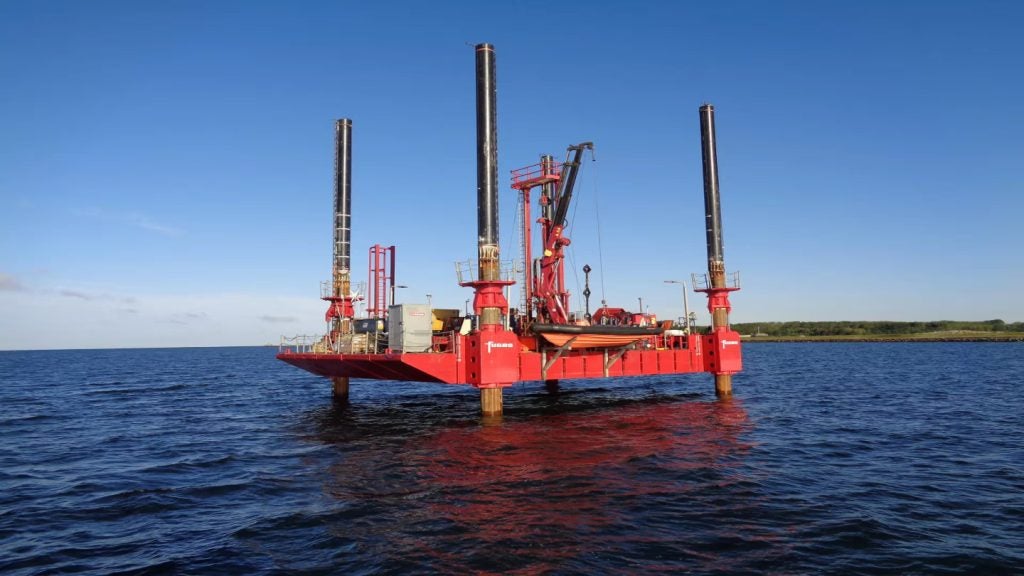In the first half of 2025, Germany's onshore wind power sector experienced its most substantial growth since 2017, indicating a resurgence in the country's renewable energy efforts, according to a Reuters report, citing sources.
Despite this progress, the expansion still does not meet the targets set by the Renewable Energy Sources Act (EEG).
The German Government has set an ambitious goal to source 80% of its electricity from renewable energy by 2030. This target has gained urgency following the country's reduced fossil fuel imports from Russia due to the Ukraine conflict.
In the first six months of 2025, 409 new turbines with a combined capacity of 2.2 gigawatts (GW) were commissioned, marking a 67% increase from the previous year.
Wind power lobby BWE reported a record 7.8GW of wind power projects approved during this period, a 55% rise compared to the first half of 2024.
Additionally, the average time required to permit new wind projects has decreased by more than 20% to 18 months, according to data from the Wind and Solar Energy Agency.
The pace of expansion still falls short of the EEG's objective to achieve 115GW of onshore wind capacity by 2030.
Germany's Economy Minister Katherina Reiche acknowledged that the previous government might have prioritised climate protection “almost too much” and announced a review of electricity demand, energy security, and the progress of grid and renewable energy expansions.
The BWE has urged the federal government to ensure investment certainty, expedite grid and infrastructure improvements, and implement reforms to facilitate repowering and permits for large and heavy transport.
Germany had seen a decline in clean energy production, with less than 80 terawatt-hours (TWh) generated in the first four months of 2025, as reported by energy think tank Ember.
This figure is a 16% decrease from the same period in 2024 and the lowest since at least 2015.
To compensate for this shortfall, German power companies have increased fossil fuel power output by 10% from the previous year, resulting in the highest share of fossil fuels in the domestic power mix since 2018.















